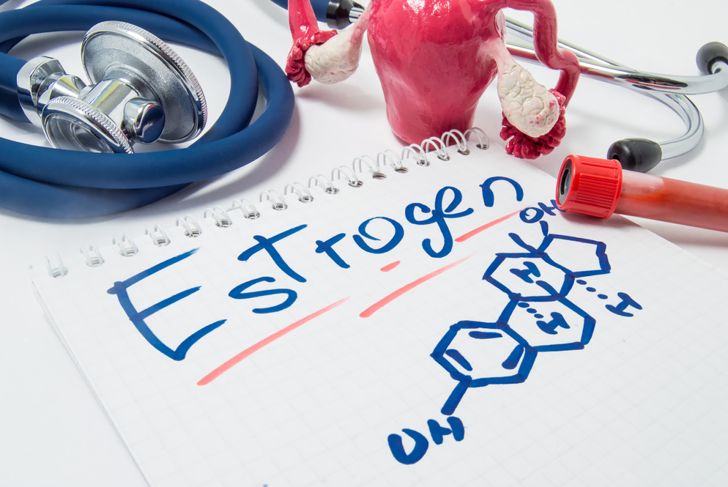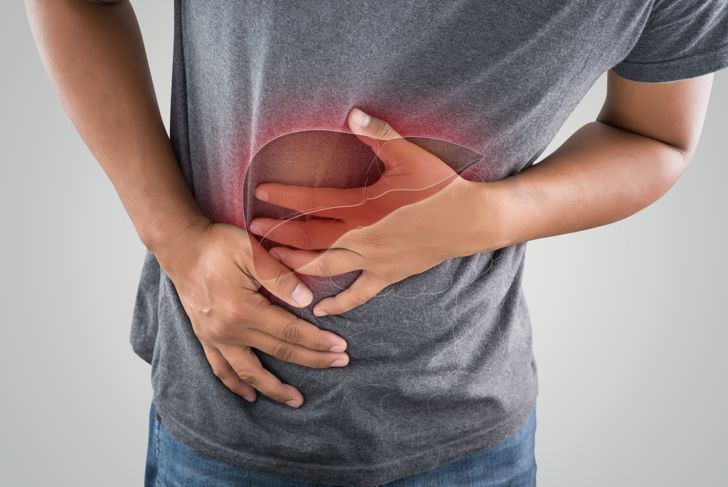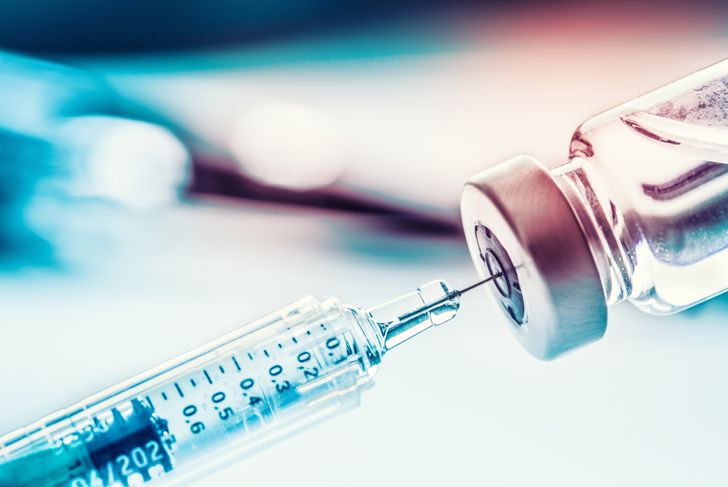Biological sex may be a major factor in how the body responds to COVID-19 infection. Reports show that certain hormonal differences, genetic factors, and sex-linked behaviors have connections to infection severity and outcomes.It is worth noting that the majority of the research on this topic focuses primarily on birth sex and does not account for intersex people or those who have undergone hormone replacement therapy.
General Mortality
Much of the research into how different sexes respond to COVID-19 focuses on the outcome and general mortality. Evidence suggests modestly higher mortality for males than females. However, researchers point out that males already possessed higher mortality rates before COVID-19, due to their greater rates of comorbidities like cardiovascular disease.
Skewed by Social Factors
Additional studies suggest that a person’s sex has less of an impact on COVID-19 in comparison to sex-related behaviors. For example, U.S. observational studies reported that male retail shoppers were 1.5 times less likely to wear a mask than females. Additionally, males tend to make up the majority of workers in fields with higher COVID-19 risks, such as agriculture, construction, and maintenance.
Adaptive Immune Response
A study from Wuhan showed that females with COVID-19 had higher concentrations of SARS-CoV-2 immunoglobulin G, indicating that they had much stronger adaptive immune responses. This research is consistent with past studies that have shown that females generally have higher antibody production and stronger vaccine responses, allowing them to fight against infections like COVID-19 more easily.
Neutrophils to Lymphocyte Ratio
Neutrophils and lymphocytes are immune cells that play important roles in protecting against infections. When investigating the effects of COVID-19 on the body, researchers noted that higher neutrophil and lower lymphocyte counts had connections to worse outcomes.Females under the age of 50 and males over 50 had higher neutrophil to lymphocyte ratios than other populations. Researchers feel that routine blood tests measuring this ratio could predict infection severity, but more evidence is necessary to uncover the prognostic value of the ratio.
ACE2 and Estrogen
Angiotensin-converting enzyme 2 (ACE2) is an enzyme and receptor that exists on cell surfaces and is most prominent within the heart, kidneys, lungs, and plasma. Increasing evidence shows that ACE2 plays a role in SARS-Cov-2 entry and invasion of cells, as well as how infection progresses.The ACE2 gene lies on the X chromosome. In most other cases, having two copies of a gene — as females do — reduces the effects of X-linked disease, while an increase is noted in males, who have only one. Additionally, estrogen may influence ACE2 expression, reducing inflammation and tissue fibrosis and improving tissue repair.
TMPRSS2 and Androgens
Experts also believe that there may be sex-related differences in how COVID-19 interacts with transmembrane serine protease 2 (TMPRSS2), a gene most known for its connection to prostate cancer.The virus uses TMPRSS2 to enter and attach to cells. Androgens, which are responsible for male characteristics, are the only known stimuli for TMPRSS2 gene transcription. In patients with prostate cancer, androgen deprivation therapy lowered the risk of COVID-19 infection.Additionally, people with androgenic alopecia are far more likely to have severe COVID symptoms. This evidence could point to males being more at risk of infection than females and could explain why young children tend to have less serious symptoms.
Liver Function
Through various mechanisms like cellular toxicity and inflammation, COVID-19 can damage the liver. Experts found higher levels of certain biomarkers in patients with COVID, with connections to worse symptoms and mortality. Among these patients, males had significantly higher amounts of those biomarkers.Some researchers feel that this evidence points to males having a greater risk of liver-related issues as a result of COVID-19 infection.
Coagulation Issues
People with severe COVID-19 often develop reduced blood clotting. In one study, over 70% of patients who died of COVID-19 had a relatively rare blood clotting disorder, in comparison to 0.6 % of survivors.Studies of coagulation factors suggest that females tend to have much more favorable results, especially if they are premenopause. Males are more likely to experience atypical blood clotting and other symptoms.
Hormone Replacement Therapy
Sex steroids like testosterone, estrogen, and progesterone are notable regulators of immune and inflammatory responses. Estrogen before menopause has powerful anti-inflammatory properties. Testosterone may have a similar effect, in addition to anabolic abilities that reduce the risk of lung damage.People with lower levels of sex steroids, such as older adults, may benefit from hormone replacement therapy to treat long COVID symptoms.
Future Treatments
Sex differences may also change the effectiveness of COVID-19 treatments. The upregulation of type 1 interferon (IFN) by toll-like receptors is an integral protective mechanism against viruses. These receptors are 10 times more common in females than males. Additionally, testosterone negatively affects IFN.Currently, IFN therapy is being investigated as a COVID treatment. Females may have much more powerful responses to the therapy than males. This poses many potential risks, so future treatments may be extremely targeted and even sex-dependent.

 Home
Home Health
Health Diet & Nutrition
Diet & Nutrition Living Well
Living Well More
More




















